
There are a lot of myths surrounding home ownership, especially for first time home buyers. The myths are so widespread and scary that many people cannot look past them to find out the truth about purchasing their own homes by themselves. Buying a home is not as scary as you think as long as you are committed to the process and you are willing to meet payments at your own convenience and the convenience of your lender. Learn the popular myths about home buying and the real facts in the comprehensive list below of the 20 most widespread home buying myths there are:

1. I cannot afford a down payment:
Formerly, new home buyers were required to provide a 20% down payment before they could buy a house, but that has changed. As a matter of fact, 7 out 10 first-time home buyers make a down payment of just 5% or under and some of them are able to get away with no down payment at all. This is definitely something that all people looking to buy a house should be aware of. While putting down a 20% down payment is ideal because you will subsequently have to pay less each month, not everyone can afford that at the time that they need to buy a house. To be able to optimize your house buying experience and to be able to allow it to fit into your budget, offer a smaller down payment and instead, pay the PMI (private mortgage insurance) until you have enough equity in the home to have it removed for good (this usually comes around the 20% mark). VA programs require 0% down payments if you qualify. Also, a few lenders have begun offering loans for buyers with strong credit and low debt-to-income ratios to get a second loan (although at a higher interest rate) to cover a part of the down payment. This may help you when you are trying to buy a new house.

2. All I need upfront is the down payment:
The down payment is only the beginning of what you need to buy a house. You have to pay closing costs that can also be another 2 to 5% of the total price. Think about any repairs, improvements or furnishings you’d like to add to your new home. Also, you must have some emergency cash reserves to cover at least 3-6 months of necessary expenses, including your mortgage payment. The process of buying a house is simple, but do not oversimplify it in your head and end up shocked at the amount of work that actually has to be put into buying a house.
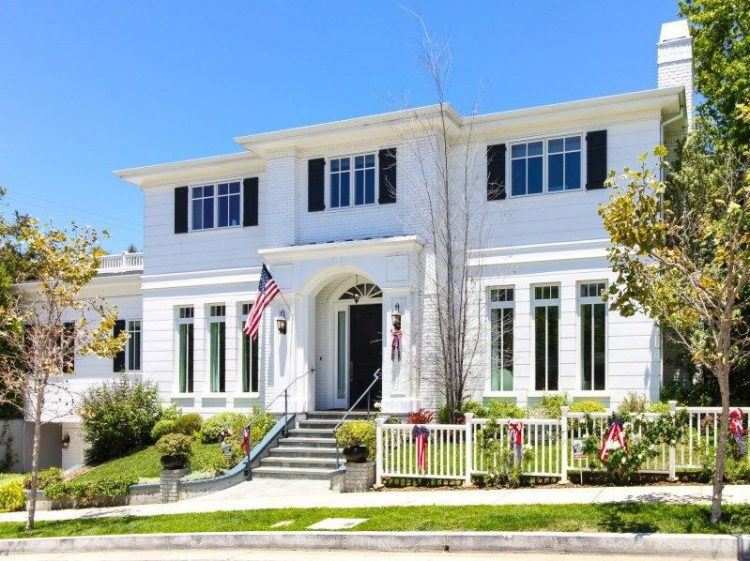
3. A 30-year fixed mortgage is the best deal always:
While this could be true if you intend to keep your home for that long, if you only plan on keeping the home for 5 to 7 years, a fixed rate for 7 years could be more appropriate so that your costs are lowered. The longer you fix the rate (in this case, 30 years as opposed to 7 years), the higher the interest rate will run so you will be paying a lot more for nothing at all because you will be spending a lot more for a house that you intend to stay in for just a few years.

4. I cannot buy a house because pf my student loans:
Even though student loan debt has risen to a whopping 56% in the past 10 years to an average of $28,950 per borrower, this doesn’t have a direct correlation to home ownership. As a matter of fact, higher education has a positive effect on home ownership. Research shows that home ownership increases for each successive level of education, even as student debt goes up. This means that the notions that you cannot purchase a house because of your student loans is only a myth and you have to let it go. More and more students with debts are purchasing houses each year, so begin the process if you’re interested in owning your own house in a few years.
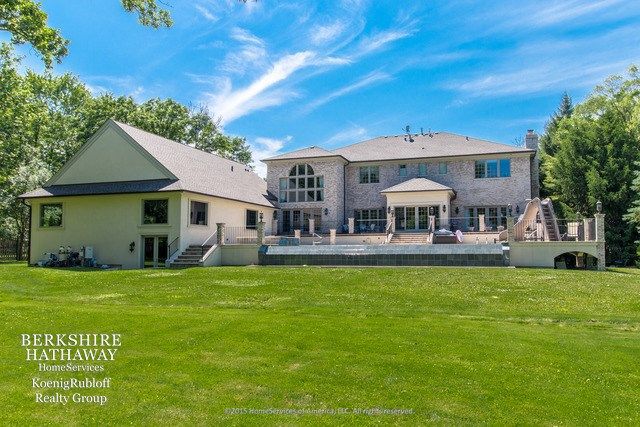
5. Buying a house is always better than renting one:
Which option will end up being cheaper for you depends on two factors; the price of the house and the number of years you intend to stay in it. You want to figure out whether or not you will you want to keep it long enough to ride out any dips in the real estate market and keep in mind that it can generally take 5-7 years just to break even with the expenses involved in buying, owning, and selling a home (this can take longer in some housing markets) You want to make sure you will be able to keep the house for at least that long before buying becomes a cheaper option for you.
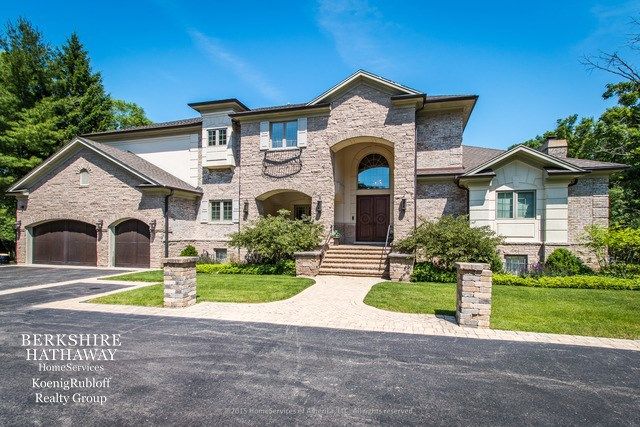
6. It is cheaper to rent a house:
This is simply not true in some situations. You have to be able to weigh your options, but keep in mind that there’s a very good chance that monthly payments a few years after you buy a house could be significantly lower than at the time that you buy it. And unlike rental costs, the monthly principal and interest payments stay the same for the entire life of a fixed-rate mortgage. Moreover, as a homeowner, you will be building equity in your home, which is a portion of wealth that you can use to achieve your financial goals in life. You just have to be able to judge situations to be able to tell whether ownership or renting will give you the best value for your buck.

7. My salary determines how much money I can borrow:
Although lenders take your debts into account when it comes to the amount of money you can get in a loan, your monthly or annual income isn’t always considered. For example, it might be harder for you to get a large loan if you make $70,000 a year with a very significant credit card debt than if you make only $40,000 and you are debt free. Do not discount the idea of buying a house because you think that you do not make enough yearly.

8. I cannot buy a house if I have debts:
Even though having little or no debts increases the amount of money you can get in a loan, it doesn’t mean that you cannot purchase a home when you have some debts accrued. In fact, studies show that having some amount of debt actually shows that you are financially responsible (as long as it’s less than about 40 percent of your monthly income and does not hurt your credit score). Good debts include student loans and car payments.

9. I need to choose the mortgage lender with the lowest interest rate:
Even though costs are important in picking a lender, you have to greatly consider other factors. For example, identifying a reliable lender in a competitive buying market like many housing markets is the difference between getting your dream home and losing to another offer so you want to search for a lender with a very good reputation. You also want someone who is compatible with your real estate agent and you as a person. Do not rush to pick lenders with the lowest interest rate because they are not always the best choice for a smooth and peaceful home buying experience.

10. The seller will pay for everything at closing with the exception of my down payment:
In some fairly rare instances, sellers will pay some of the closing costs in adherence to state requirements or to entice you to pick the deals that they offer. However, often times, buyers and sellers split the costs. It may not also be imperative for a seller to fix each flaw you find during your home inspection because of varying state laws. You may be able to negotiate for certain repairs to be made before the sale goes through even though this does not always work. This goes to show that you need more than just a down payment to be able to start the purchasing process of a house.
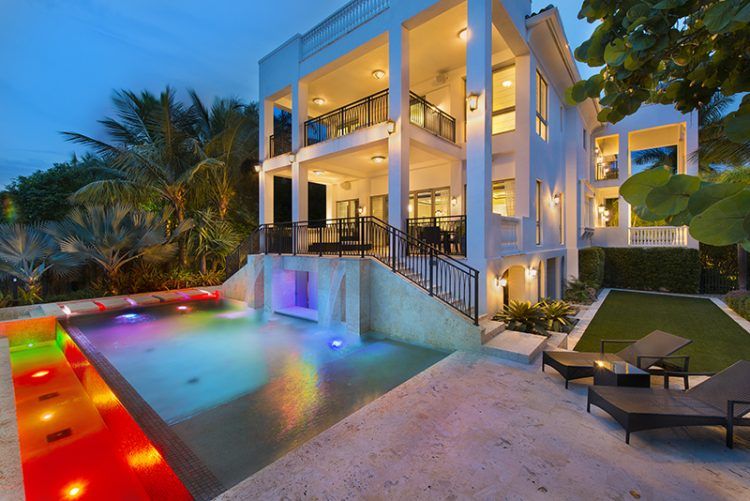
11. I definitely can write off all the mortgage interest from my taxes:
Even though it is true that most taxpayers can write off the interest on their mortgage loan as tax deductions, the value of this tax write-off may be less than you imagined. The value of the deduction is just the amount that it plus other “itemized deductions” like state and local taxes and charitable contributions exceed standard deductions. Do not think that it can be easily written off like that because in more cases than not, this is not the case.

12. My credit is not perfect so I cannot get a mortgage:
Although your credit is extremely important, it is not completely impossible to get a loan without a perfect credit score. Good credit gives you buying power and shows your integrity so lenders are more likely to trust you with their money. You can still earn this integrity by cooperating with your creditors. A credit score that is not perfect shouldn’t be the reason that you do not own a house. There are a lot of mortgage companies that are willing to look beyond your credit score to help you score a house of your own. It is, however, important that you try to get your scores up as high as possible to ensure better chances for loan approval. If you have credit challenges, commit to the process of raising your scores. Stay determined. It doesn’t take too long to start seeing increases in your credit scores if you are handling your credit well.

13. Real estate is a good growth investment:
American homes appreciated at less than 1% above inflation during a period of falling interest rates which tend to boost home prices. This is a legitimate claim because homes are not positively productive and therefore their worth only rises when people are able to buy them. Compared to the long-term average 6-7% returns of stocks, real estate does not look like a great investment anymore. Do not be fooled by the myth that it is a good growing investment.
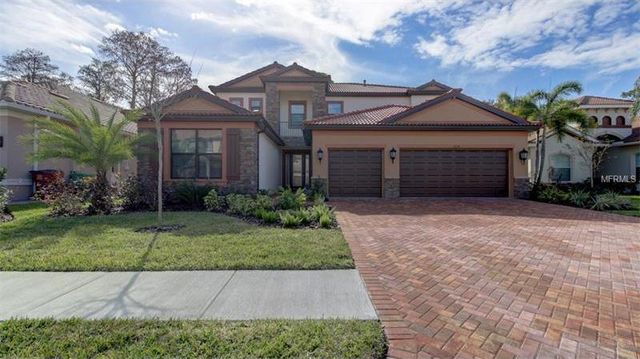
14. I do not need a real estate agent:
Even though you will be able to find a wealth of information about homes on a plethora of websites, the worth of a real estate agent cannot be replaced so easily. Real estate agents are trained professionals that are knowledgeable on the topic of homes and houses and they, therefore, have better insight than a layman who only has available to him information from the internet that may or may not be credible. Real estate agents also have access to properties that aren’t listed, as well as have experience negotiating, which is an excellent advantage to have on your side when you buy a new home. Using a real estate agent does not cost you anything ― the agent’s commission comes out of the sale proceeds. Also, note that the seller has mostly likely factored the cost of a real estate agent into the home price, so you will actually be losing if you do everything by yourself instead of seeking help.

15. Buying a home is a long and very complicated process:
This may or may not be true depending on who you are as a person. The key to having a fast and easy loan process and approval is to stay organized and have all the documents that you need at hand. Make sure that you take meticulous care of your important documents and make sure that you have multiple copies of them so that you do not panic when you are asked to produce them. Creating a checklist of all the items you will need is always an easy way to stay organized and on top of your game and also to avoid any negative surprises. Organization is key to getting a loan for your house and greatly speeding up the home buying process.

16. I will not be able to make my monthly payments:
Some people are scared to go ahead and start the home ownership process because they fear that they will not be able to make their payments on time. This fear is unfounded. If you are able to make your rent on time, there is no reason for you to think that you will not be able to do the same for your mortgage payments supposing you take a payment plan that fits well into your budget and is a nice percentage of your income. Take control of your situation and do not allow the myths to become the reason that you do not buy a house to live in for you and your family.

17. I can afford a mortgage payment as long as total debt payments are less than 36% of your income:
This is the rule that most lenders use but it is entirely up to you to know what you can and cannot afford. What you need to do is to comb through your actual spending and see how much you can apportion to paying for a house. You need to make a budget that is comfortable for you so that you do not find yourself stranded and drowning in payments that you can really not afford. Figure out how much of your income you can put towards your mortgage and save at least that amount each month to be on track for buying your own home.

18. The only other ongoing cost I will pay is PITI (principal, interest, taxes, and insurance).
This cannot be repeated enough times; do not oversimplify the home buying process in your mind. This brings about unwarranted stress about spending money that you didn’t budget for. Remember all extra costs like any applicable homeowner’s association (HOA) fees, which can run several hundred dollars a month. Utilities must also be budgeted for especially when you are moving into a bigger space. Also, there are other routine expenses, such as water, sewer, trash, and maintenance costs that you have to think about. Leave enough room in your budget for all these costs and other unprecedented emergency costs when figuring out how much of a mortgage payment you can really afford.
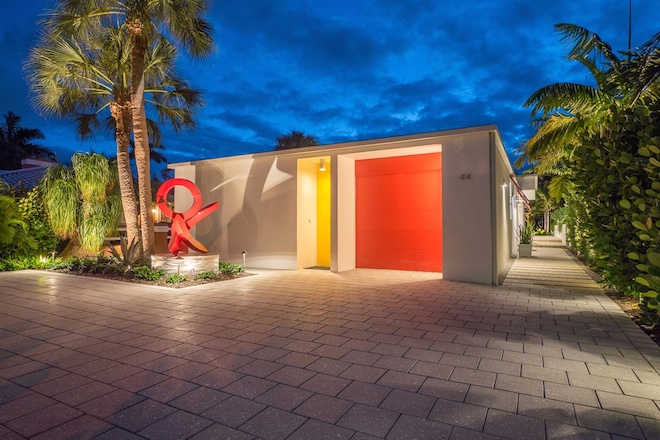
19. Pre- qualification is the same as pre-approval:
Do not be fooled. These two terms don’t mean the same thing. To get pre-qualified, you have to submit tons of documents to the lender to give him/ her basic information about you and for him/ her to determine your reliability and whether or not they are willing to give you a loan and how much you qualify for. You will have to complete a mortgage application after your lender evaluates your financial background and credit rating to start the process of getting pre-approved. When the lender is ready to give you a loan after verifying the information you provided, you are ready to get pre-approved. Do not misunderstand these two terms as it is critical to know the difference to be well prepared for the beginning steps of home purchasing.

20. The asking price is what I must pay:
Do not be quick to take homes that you are interested in off your list just yet. You may look at a home that really interests you but not even bother pursuing it if it’s out of your price range. Take your time and consult with a real estate agent. A lot of factors come into play to determine whether the asking price of a house is the actual selling price. For example, if the house has been sitting on the market for a long time, it could mean that it is way overpriced. Many sellers will be willing to lower the price significantly. if only you ask. If an inspection comes back with some repairs to be made to the home, the seller may also reduce the asking price. The most important step is to ask. It can never hurt for you to gather information before you make your move.


Comments
Loading…